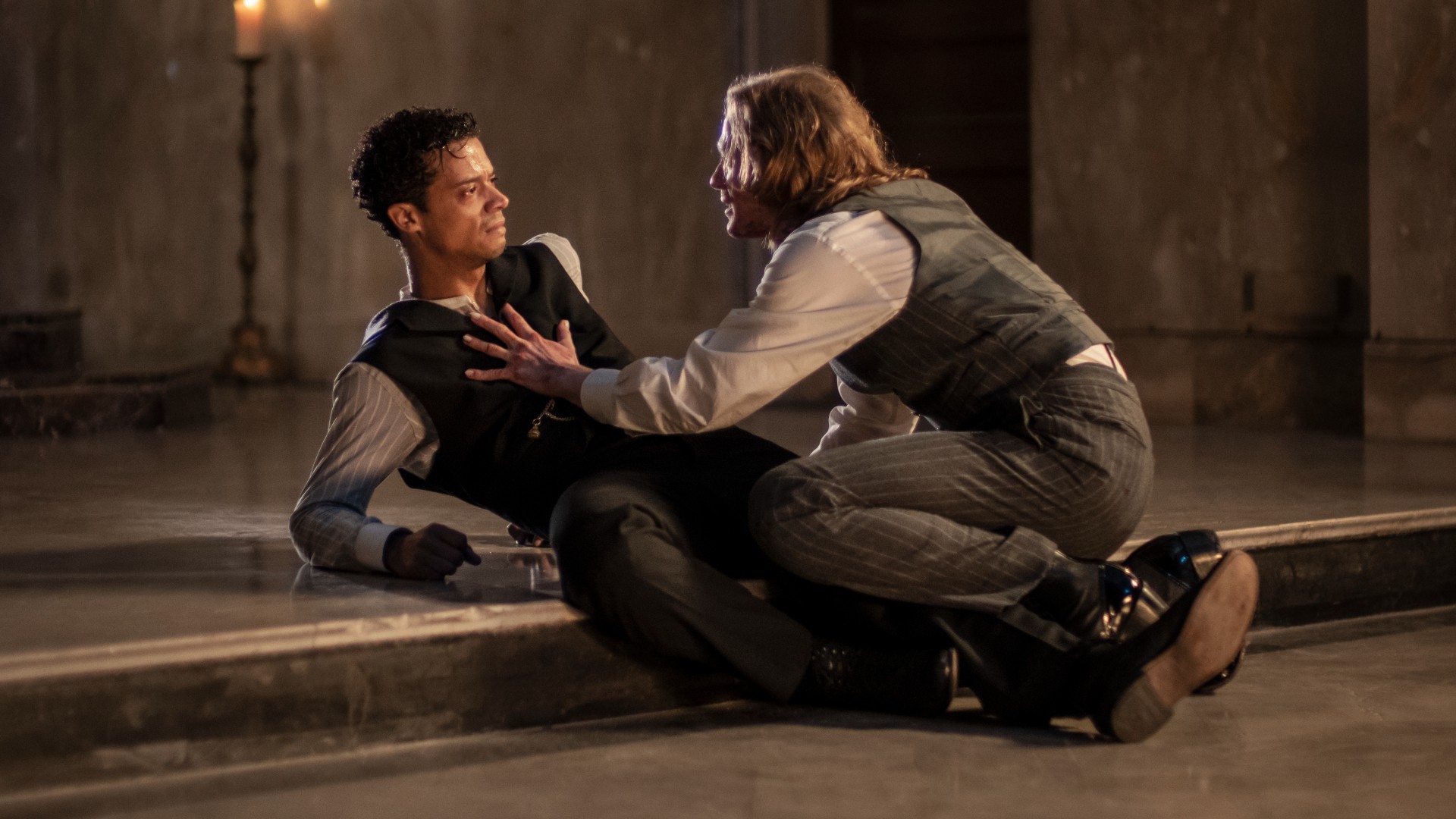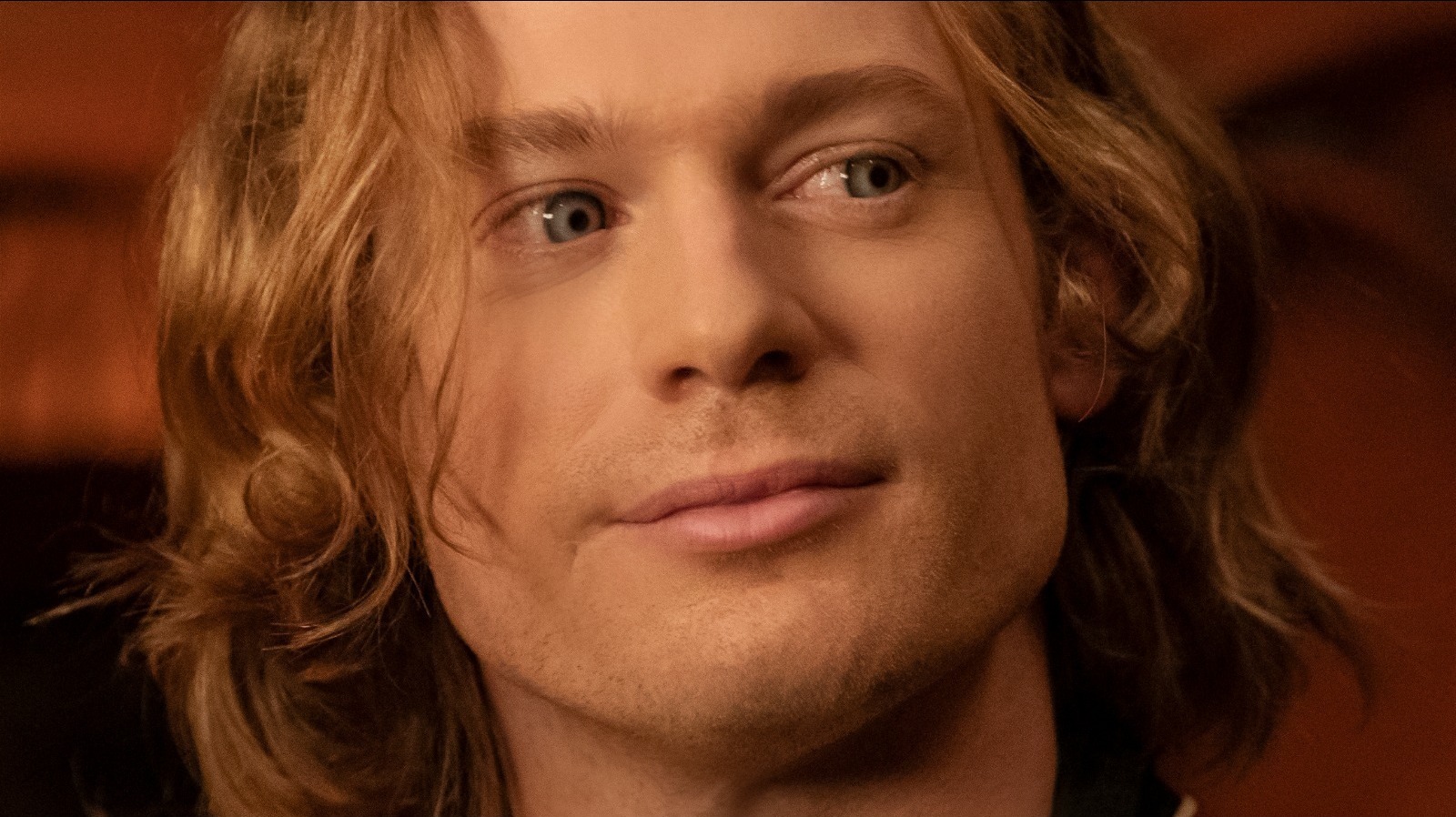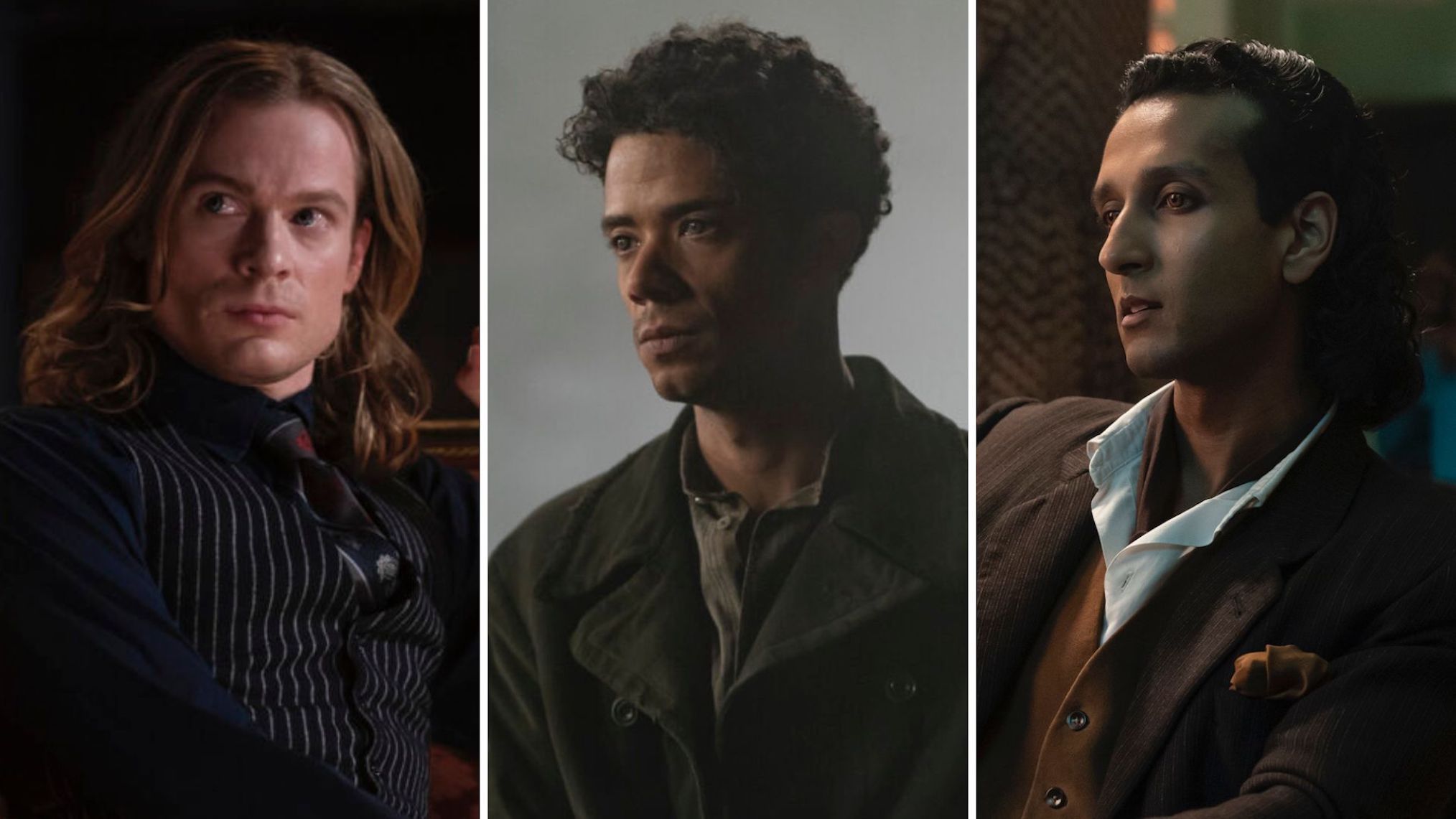In the world of literary and cinematic vampires, the relationship between Louis and Lestat stands out as one of the most compelling narratives in the genre. These two characters, created by Anne Rice in her celebrated series "The Vampire Chronicles," embody the eternal struggle between morality and immortality. Their dynamic not only captivates audiences but also raises profound questions about the nature of good and evil, love and hate, and the essence of what it means to be human—or vampire.
As we delve into the intricate lives of Louis de Pointe du Lac and Lestat de Lioncourt, we will explore their origins, their contrasting philosophies, and their enduring influence on vampire lore. From the moment Louis is turned into a vampire by Lestat, their fates become intertwined in a complex tapestry of friendship, betrayal, and existential angst.
This article aims to provide an in-depth look at the characters of Louis and Lestat, analyzing their relationships, motivations, and the themes that connect them across the pages of literature and the frames of film. By understanding the depth of their characters, we can appreciate why they continue to resonate with audiences today.
Table of Contents
Biography of Louis and Lestat
Louis de Pointe du Lac is introduced in "Interview with the Vampire," where he recounts his life story to a reporter. Born in France in the 18th century, Louis is portrayed as a sensitive and introspective character, struggling with his identity and the morality of his existence as a vampire. In contrast, Lestat de Lioncourt, a charismatic and impulsive vampire, embraces his nature with unapologetic fervor.
| Name | Louis de Pointe du Lac | Lestat de Lioncourt |
|---|---|---|
| Birth Year | 18th Century | 18th Century |
| Origin | France | France |
| Personality Traits | Thoughtful, Morally Ambiguous | Charismatic, Reckless |
| Relationship with Humanity | Struggles with Ethics | Rejects Moral Constraints |
Character Analysis
Louis: The Reluctant Vampire
Louis's character is defined by his introspection and moral dilemmas. He experiences deep existential crises that reflect the human condition. Unlike other vampires, Louis grapples with his conscience, questioning the nature of his existence and the implications of taking human lives for sustenance. His internal struggle makes him a relatable character, appealing to readers who empathize with his quest for meaning.
Lestat: The Anti-Hero
Lestat embodies the archetype of the anti-hero. He is flamboyant, unapologetically self-serving, and thrives on chaos. Unlike Louis, Lestat revels in his vampire nature, seeing it as a gift rather than a curse. His character challenges the norms of morality and offers a different perspective on life as a vampire. Lestat's actions, while often ruthless, provoke thought about the nature of freedom and desire.
Thematic Elements in Their Relationship
The relationship between Louis and Lestat encompasses several themes, including:
- Morality vs. Immorality: Louis represents the struggle for moral integrity, while Lestat embodies the abandonment of moral constraints.
- Love and Betrayal: Their bond is marked by moments of deep affection and profound betrayal, reflecting the complexities of human relationships.
- Existentialism: Both characters grapple with questions about existence, purpose, and the nature of the soul.
Cultural Impact of Louis and Lestat
The impact of Louis and Lestat extends beyond the pages of Anne Rice's novels. Their characters have influenced popular culture, shaping perceptions of vampires in literature and film. The duality of their natures highlights the complexity of good and evil, inspiring countless adaptations and interpretations in various artistic forms.
Adaptations in Film and Television
The characters of Louis and Lestat have been brought to life on screen in several adaptations, most notably in the film "Interview with the Vampire" (1994), starring Brad Pitt as Louis and Tom Cruise as Lestat. These portrayals introduced the characters to a broader audience, showcasing their intricate relationship and the philosophical questions surrounding their existence.
Fan Theories and Interpretations
The fandom surrounding Louis and Lestat has generated numerous theories and interpretations, ranging from their potential romantic relationship to the philosophical implications of their actions. Fans often engage in discussions about the moral choices presented in their stories and how these reflect broader societal issues.
Conclusion
In conclusion, the relationship between Louis and Lestat is a rich tapestry of contrasting ideologies, emotional depth, and philosophical inquiry. Their dynamic not only captivates readers and viewers but also invites them to reflect on their moral beliefs and the nature of humanity. Whether you see them as tragic figures or as embodiments of freedom and desire, Louis and Lestat remain timeless characters in the vampire genre.
We invite you to share your thoughts on Louis and Lestat in the comments below, and be sure to explore other articles on our site that delve into the fascinating world of vampire lore.
References
- Rice, Anne. "Interview with the Vampire." Knopf, 1976.
- Rice, Anne. "The Vampire Lestat." Knopf, 1985.
- Film Adaptation: "Interview with the Vampire." Directed by Neil Jordan, 1994.
- Smith, John. "The Evolution of Vampire Lore." Journal of Gothic Literature, vol. 12, no. 3, 2020.
Also Read
Article Recommendations



ncG1vNJzZmivp6x7tMHRr6CvmZynsrS71KuanqtemLyue9KtmKtlpJ64tbvKamdopJ%2BqtrR5wKebZqSVqMGiwI2hq6ak